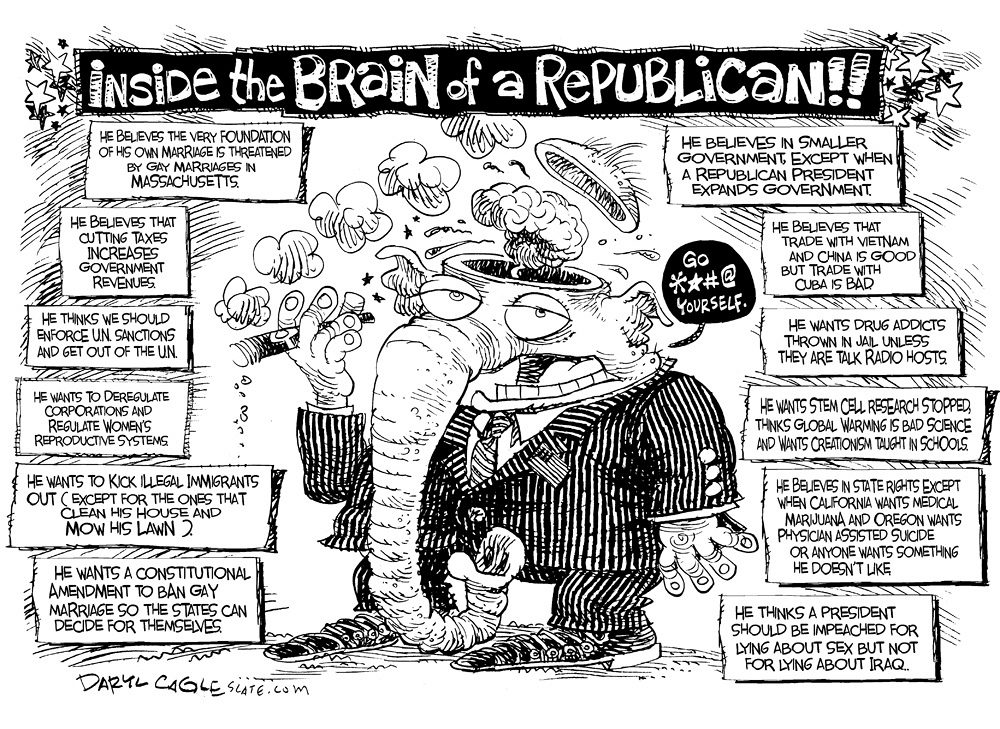Truthmatters
Diamond Member
- May 10, 2007
- 80,182
- 2,272
- 1,283
- Banned
- #21
no matter what you do secularism will grow and grow and grow.
At some point man will heave god centered religion entirely for a more valid belief system
At some point man will heave god centered religion entirely for a more valid belief system



